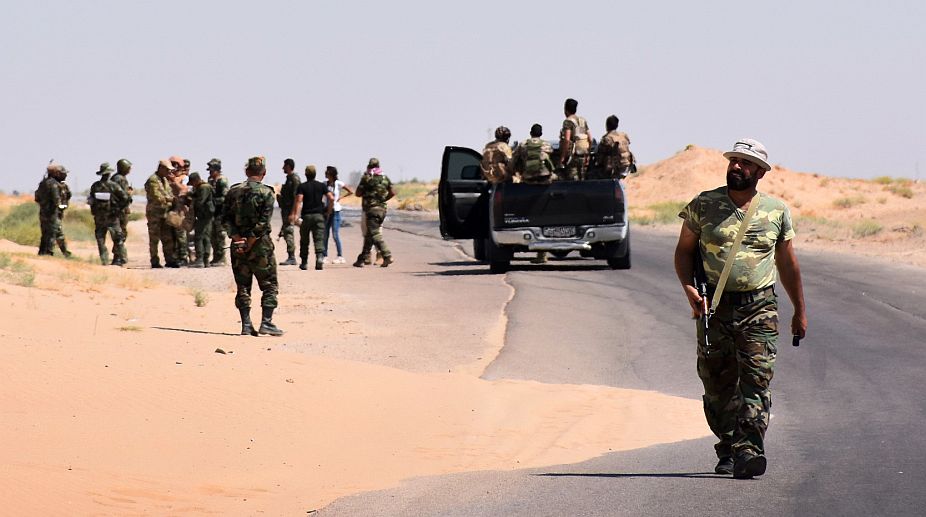Kenya secures funding to tackle climate change challenges
The United Nations (UN)-backed Green Climate Fund (GCF) has approved 50 million US dollars for key projects to bolster climate resilience and promote sustainable development in Kenya.
The United Nations and partners are also facing serious funding gaps to respond with life-saving assistance and protection services, he said.

(Photo: AFP)
The United Nations has voiced deep concern over the safety and protection of civilians in Syria who continue to be displaced from their areas of origin, as well as those who remain in the besieged enclave.
Since 9 March, an estimated 133,000 people have left Eastern Ghouta, either through established corridors to internally displaced persons (IDP) sites in rural Damascus or through evacuation agreements to Idlib and Aleppo governorates, said Stephane Dujarric, the spokesman, said on Wednesday, Xinhua reported.
Advertisement
As of Tuesday, at least 44,000 people remain in eight IDP sites in rural Damascus, down from a peak number of 83,000. But most shelters still largely exceed their capacity, he said.
Advertisement
While some assistance is being provided to the population remaining in newly accessible areas, there has been no access to the besieged area of Douma since the last inter-agency convoy reached the area on 15 March, said the spokesman.
The United Nations and partners are also facing serious funding gaps to respond with life-saving assistance and protection services, he said.
In Afrin, where Turkish troops are pursuing a military campaign against the Kurds, the gradual return of IDPs reportedly continued mainly from Nabul and Zahraa, and a smaller number from Tal Refaat toward Afrin district, but exact figures are not yet available, said the spokesman.
The United Nations continues to be concerned for the safety and protection of civilians impacted by hostilities in the area and reported restrictions of movement, he said.
Advertisement